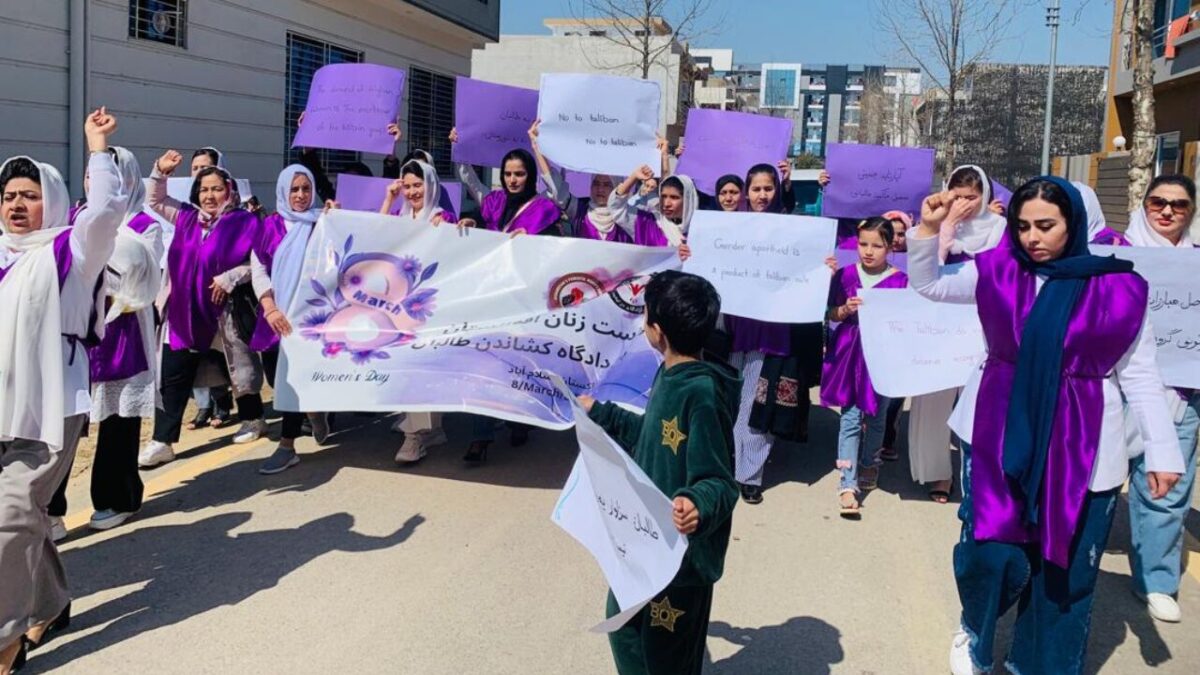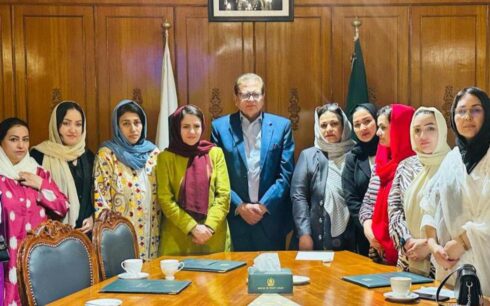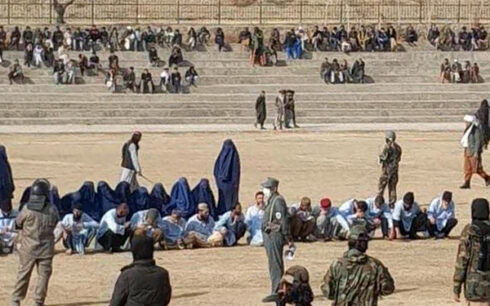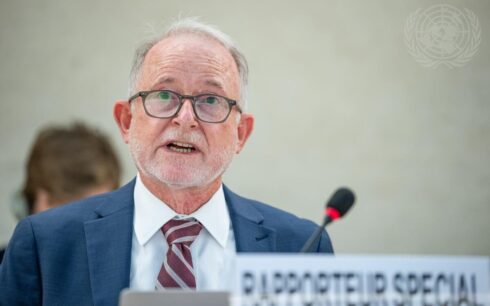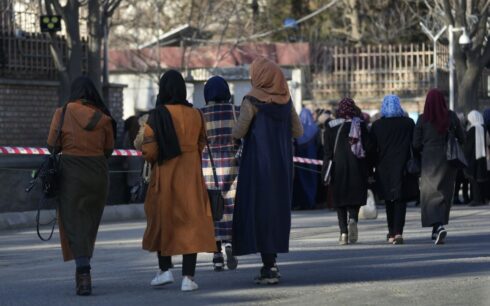On March 8, International Women’s Day, Afghanistan stands as the sole nation where girls and women face escalating restrictions and exclusion from public life.
Afghanistan uniquely suffers from widespread deprivation and limitations on women, especially evident on International Women’s Day.
Girls and women in this country dream of equality, social justice, and basic rights under Taliban rule, yet see these aspirations as increasingly unattainable.
Since the Taliban’s takeover in August 2021, strict policies against women’s freedoms have been implemented and persist. Gulsoom, a 13-year-old who completed the sixth grade before her school was shut by the Taliban, expresses profound concern for her education and future. “When girls are denied education, it deeply affects their mental well-being. I urge the United Nations to reopen girls’ schools and universities,” she appeals.
Contradicting their initial promises, the Taliban, upon seizing power, have intensified their suppression of women’s rights, including education, employment, sports, and social participation. Measures have escalated rapidly: within a month of Kabul’s fall, female civil servants were ordered home. This was followed by bans on women’s sports participation, the dissolution of the Ministry of Women’s Affairs, closures of schools for girls beyond sixth grade, travel restrictions without a male guardian, limited access to parks and public baths, and the shuttering of universities and beauty salons, culminating in the revocation of work permits for women in private sectors.
The situation worsened with the Taliban detaining numerous women and girls from January this year, allegedly for not adhering to hijab norms, with reports of mistreatment, torture, and extortion.
Samira Hamidi of Amnesty International’s Afghanistan department laments the brutal treatment of women and girls protesting Taliban policies, facing violence, arrest, and even death.
Despite over two years of Taliban rule and global outcry, the regime has not retreated from its oppressive policies. The international community’s normalization efforts with the Taliban hinge on improving human rights conditions, particularly those concerning women.
Some Afghan women advocate for continued international isolation of the Taliban, urging global solidarity with their plight. Haider Bar of the World Human Rights Watch notes, “This year, March 8 in Afghanistan offers no cause for celebration.” He underscores the acute crisis of women’s rights in Afghanistan, a situation that demands global reflection and support for Afghan women’s struggles.
While International Women’s Day is celebrated worldwide, Afghan women face their battles against the Taliban in obscurity and silence, striving for their inherent rights and freedoms. The international community, recognizing the severe cost of these struggles, must not underestimate or abandon Afghan women in their quest for justice and dignity.

